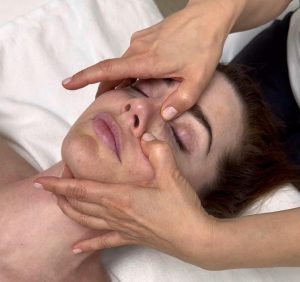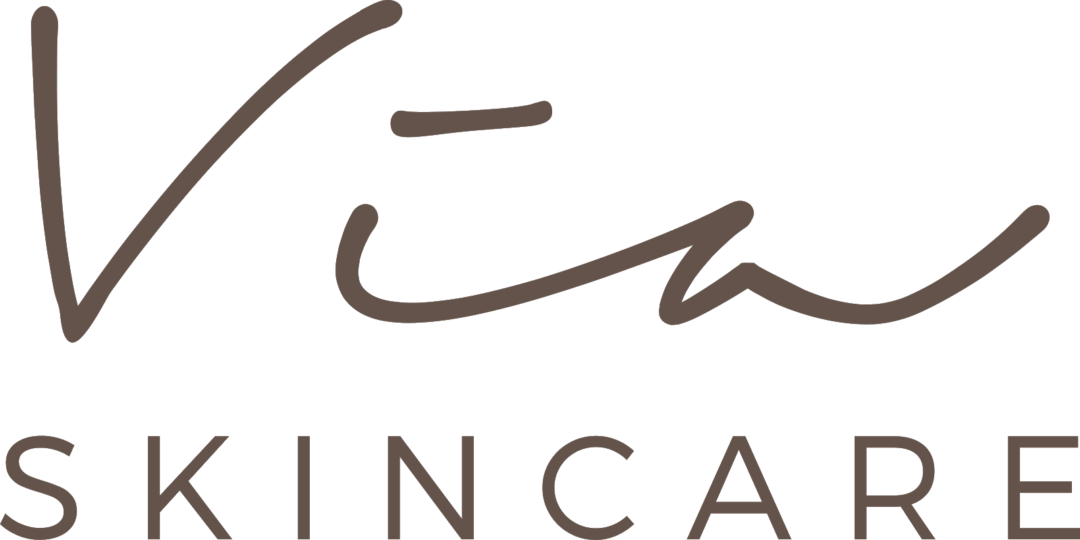The Adaptive Nature and Limits of Our Body
Our body is endowed with the highest adaptive capabilities and can overcome extreme loads. But these loads should not be constant: they should be replaced by a period of rest, and restoration of resources. Stress hormones build up gradually. And just as gradually, our body wears out and depletes.
Stress and Circulatory Health
The fact is that stress contributes to the centralization of blood circulation. This means that in a situation of danger (and this is how we feel stress), blood begins to flow to vital organs. Evolutionarily such organs are the heart, brain, and lungs. In order to keep these organs functioning properly, the blood must “rob” other organs. In particular, the blood flow in the stomach and intestines is affected (the digestive system’s blood vessels get smaller, which damages the mucous membrane, giving you an ulcer). The skin, subcutaneous fat, and blood vessels also suffer as a result of the redistribution of blood flow.
The Consequences of Chronic Stress
Chronic fatigue and pain syndromes appear as peripheral tissues become less mobile. Our brain, however, suffers the most. It gets less nutrition and oxygen. Neurons are damaged and lose sensitivity to regulatory signals: the hypothalamus is unable to respond appropriately to stimuli. Therefore, it begins to stimulate the normally functioning glands in vain, exhausting them. Chaos and destruction begin. In addition, stress breaks down the immune system. The effect is attributed to the fact that the cells of the immune system stop responding to an excessive concentration of glucocorticoids, and the synthesis of inflammatory mediators gradually increases. In other words, inflammation is constantly smoldering in the body.
Physical and Psychological Effects of Stress
You have probably noticed that in the presence of stress, overwork, bad mood, various infectious diseases (colds, runny nose, and so on) begin to cling to you. A person develops typical “sick” behavior, such as drowsiness, fatigue, loss of appetite, a decrease in mental and physical performance, and social activity, as well as depression.
Our muscles are affected by stress too. They respond with tension and pain to stress. Our neck is the first to react to stress with a strong spasm. When it is in spasm, pain can occur in the neck, eyes, and even inside the skull.
Stress, inflammation, and pain act in a complex way, like a squad of saboteurs. The inflammatory process in the body is accompanied by the release of mediators – biologically active substances that irritate the nerve endings and form a feeling of pain. Pain and stress release adrenaline, causing the arteries that supply oxygen to the muscles to spasm. Then a chain reaction occurs, resulting in persistent muscle spasm and hypertonicity due to a lack of oxygen. Adrenaline constricts blood vessels and disrupts the flow of blood and oxygen. Because of this, the cells do not have a normal metabolism, they starve, get tired, and lose their efficiency. And from here – the dull complexion, gray skin, the haggard face, and sunken cheeks. The action of adrenaline extends to the heart, brain, and kidneys. Consider the relationship: we simply became nervous, but the kidneys recognized the signal, retained water, and swelled. In addition, adrenaline opens membrane channels for calcium ions: they interact with muscle fibers, lead to their prolonged contraction and spasm – and do not allow them to relax. The muscle fiber gradually develops dystrophy (weakening) and then necrosis (death). A scar is formed from the connective tissue in its place. We feel it as a crunch and crackle of tissues when kneading the face and neck. Fortunately, it is in our power to soften hard areas by starting regeneration with the help of arterial hyperemia (blood flow).
Hypertonicity, or muscle tension, does not always take extreme forms. Most of the time it’s just there – and we don’t even realize it. At least until we get into the hands of an experienced massage therapist and he opens our eyes. To the touch, muscle hypertonicity is similar to wood or stone. How can such a face appear healthy and appealing?
Unfortunately, everything on this planet is gained through sweat, blood, and internal resistance. Every day you have to endure, achieve, overcome. A new morning – and a new struggle- earn more, increase efficiency, and meet deadlines. On this path, there is no place for weakness and the call of the heart. Only a sober mind and cold calculation. Therefore, doctors cannot cope with the flow of patients whose symptoms clearly indicate stress: insomnia, migraines, hypertension, asthma, digestive problems, etc.
There is no secret to youth. Only deep peace can provide it. Understanding the physiology of the human body proves that we are created for a quiet life and rare stresses, which can be compensated by physical activity and a wise attitude towards life. We need prayer, proper rest, sleep, massage, and everything that will help us relax, and therefore – preserve youth.
Ready to reclaim your peace and preserve your youth? Contact Via Skincare today to schedule your stress-relieving session!





